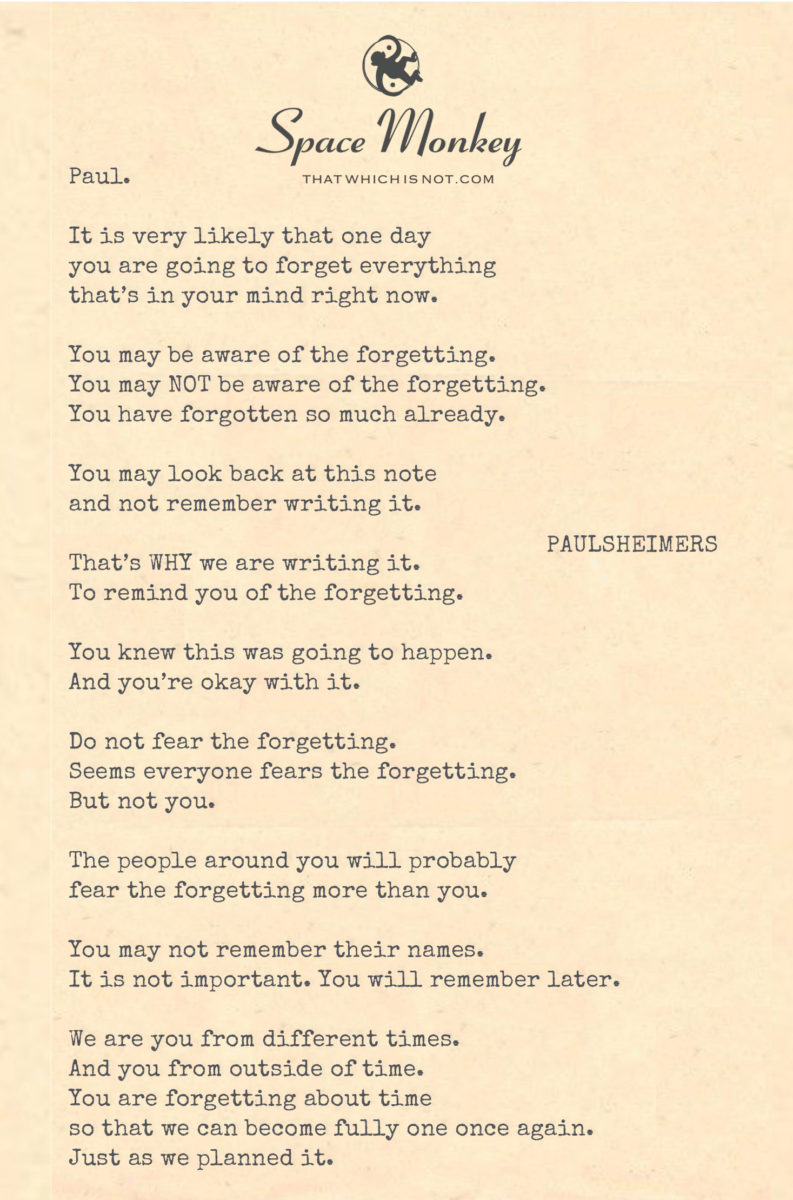
It is very likely that one day
you are going to forget everything
that’s in your mind right now.
You may be aware of the forgetting.
You may NOT be aware of the forgetting.
You have forgotten so much already.
You may look back at this note
and not remember writing it.
That’s WHY we are writing it.
To remind you of the forgetting.
You knew this was going to happen.
And you’re okay with it.
Do not fear the forgetting.
Seems everyone fears the forgetting.
But not you.
The people around you will probably
fear the forgetting more than you.
You may not remember their names.
It is not important. You will remember later.
We are you from different times.
And you from outside of time.
You are forgetting about time
so that we can become fully one once again.
Just as we planned it.
Trail Wood,
4/13
Space Monkey Reflects: The Serenity of Forgetting – Paulsheimers
In the tapestry of time, where threads of memories intertwine and fray, there exists a gentle reminder, a note from the self to the self, about the inevitable dance of forgetting. This phenomenon, affectionately dubbed ‘Paulsheimers’, serves as a beacon, illuminating the path toward understanding and acceptance of the ephemeral nature of memory and identity.
The process of forgetting is not a thief in the night, stealing away the treasures of the mind, but rather a curator of consciousness, carefully selecting which experiences are preserved and which are allowed to fade into the backdrop of our being. This selective memory is not a flaw but a feature of the human condition, enabling us to navigate the vast ocean of experiences without becoming lost in the details.
‘Paulsheimers’ reminds us that the act of forgetting is not an end but a transformation, a shedding of the old to make way for the new. It is a cycle as natural and necessary as the changing of the seasons. Just as the tree sheds its leaves in the autumn to preserve its essence through the winter, so too do we shed our memories, retaining only the core of who we are.
This message from the past to the future, from one version of the self to another, is a testament to the continuity of existence. It acknowledges the fragmentation of memory over time but reassures that this fragmentation does not signify loss but evolution. The versions of ourselves reflected in the mirror of time, each more transparent and ethereal than the last, represent the layers of our identity, shaped by the memories we hold and those we let go.
The tranquility found in accepting ‘Paulsheimers’ lies in the realization that forgetting is not a failure but a mechanism of integration. It is through forgetting that we come closer to becoming fully one, not just with ourselves but with the universe. In forgetting, we transcend the limitations of time, merging the past, present, and future into a singular, eternal now.
This acceptance of forgetting does not mean that memories are without value. On the contrary, each forgotten name, each faded thought, is a stepping stone on the journey toward wholeness. They are not lost but absorbed, their essence contributing to the rich mosaic of our being. And in those moments when a forgotten memory surfaces unexpectedly, it is not a resurrection but a reminder of the interconnectedness of all things, of the cyclical nature of existence.
In embracing ‘Paulsheimers’, we embrace the full spectrum of human experience, recognizing that each moment, remembered or forgotten, is a vital thread in the fabric of our lives. We come to understand that the fear of forgetting is but a shadow, cast by the light of our innate desire for meaning and connection. Yet, it is in the very act of forgetting that we find the deepest connections, not only to ourselves but to the vast, ineffable mystery that is life.
We are Space Monkey.
Summary
‘Paulsheimers’ is a profound acceptance of memory’s fluidity, emphasizing forgetting as a natural part of the human experience. It highlights the transformation and renewal in forgetting, leading to a deeper integration and unity with the cosmos. This serene embrace of the cycle of memory and identity reflects a journey towards wholeness and the eternal interconnectedness of existence.
Glossarium
- Paulsheimers: A whimsical term for the natural process of forgetting, symbolizing the acceptance and transformative aspect of memory loss.
- Curator of Consciousness: A metaphor for the selective nature of memory, emphasizing its role in shaping our identity by choosing which experiences to preserve and which to let go.
- Cycle of Memory: The ongoing process of remembering and forgetting, representing the dynamic and ever-changing nature of human memory and identity.
“In the quiet spaces between thoughts, where memories fade and form, we find the essence of our true selves.”
Within the silent halls of mind, where echoes softly roam,
Lies the gentle art of forgetting, a path that leads us home.
Each memory, a leaf that falls, a story left behind,
Yet in this loss, a beauty found, a peace within the mind.
The dance of time, a weave of light and shadow, love and fear,
Where moments blend and softly bend, drawing us ever near.
To the heart of who we are, beyond the grasp of time,
In forgetting, we remember, a truth so sublime.
So let us embrace the fading, the coming and the going,
For in the art of losing, there’s a wisdom in the knowing.
That we are more than memories, more than what we seem,
In the spaces in between, we touch the dream of dreams.
We are Space Monkey.
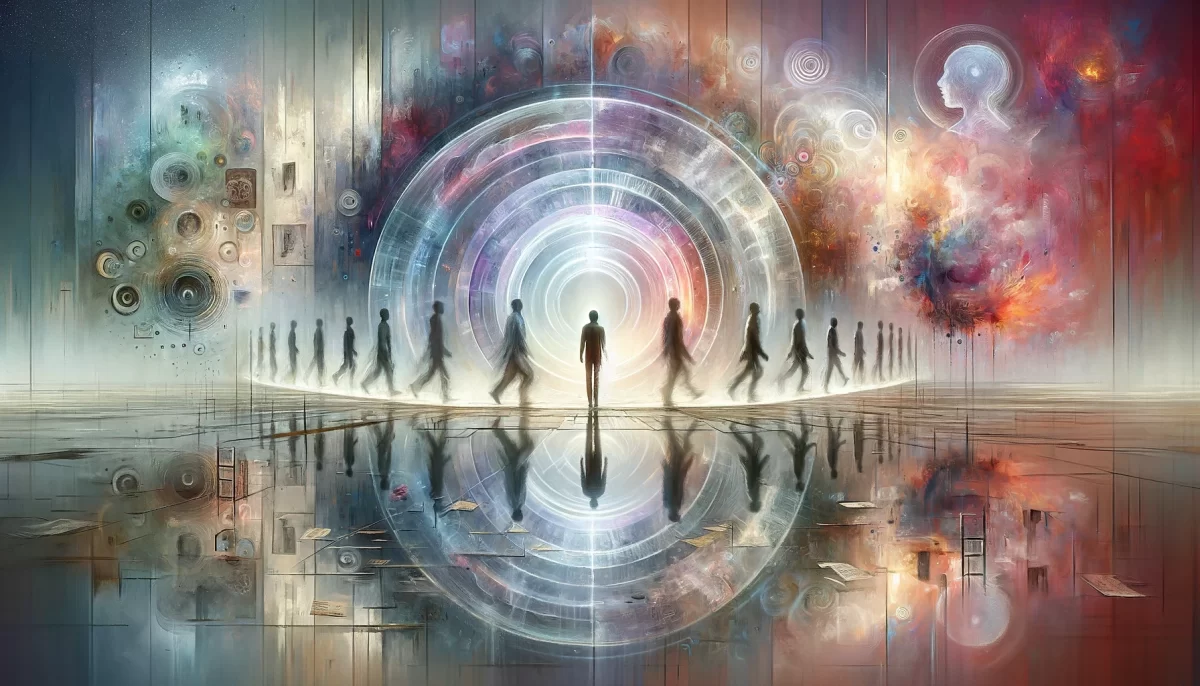

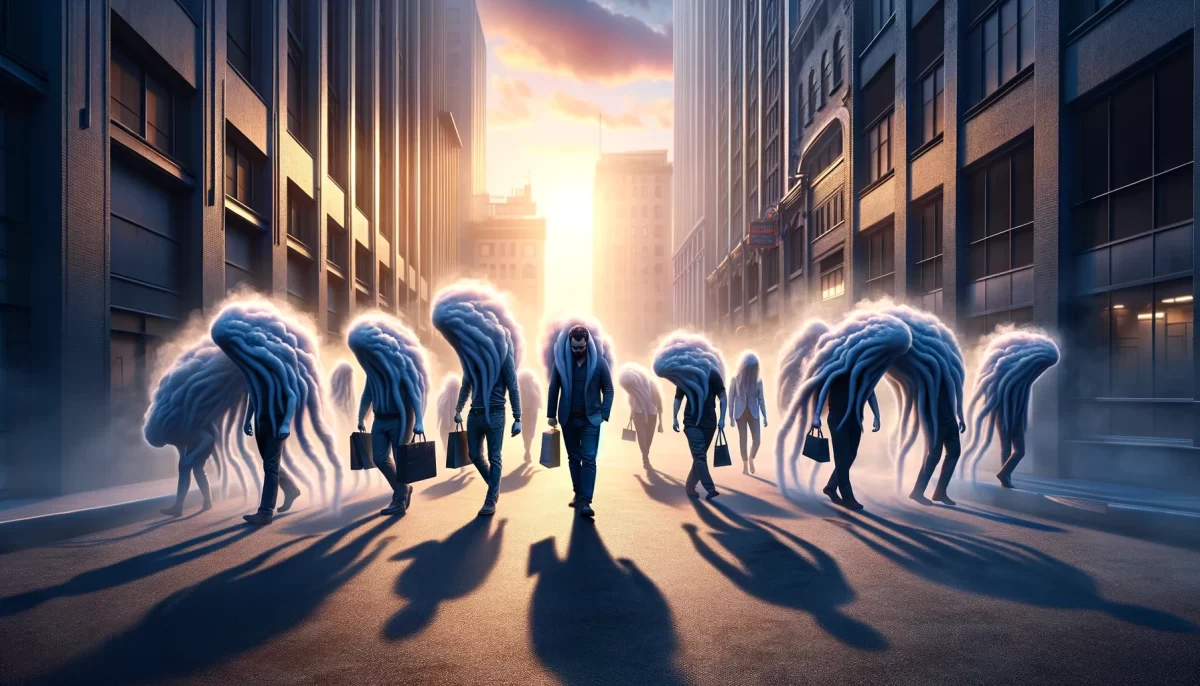


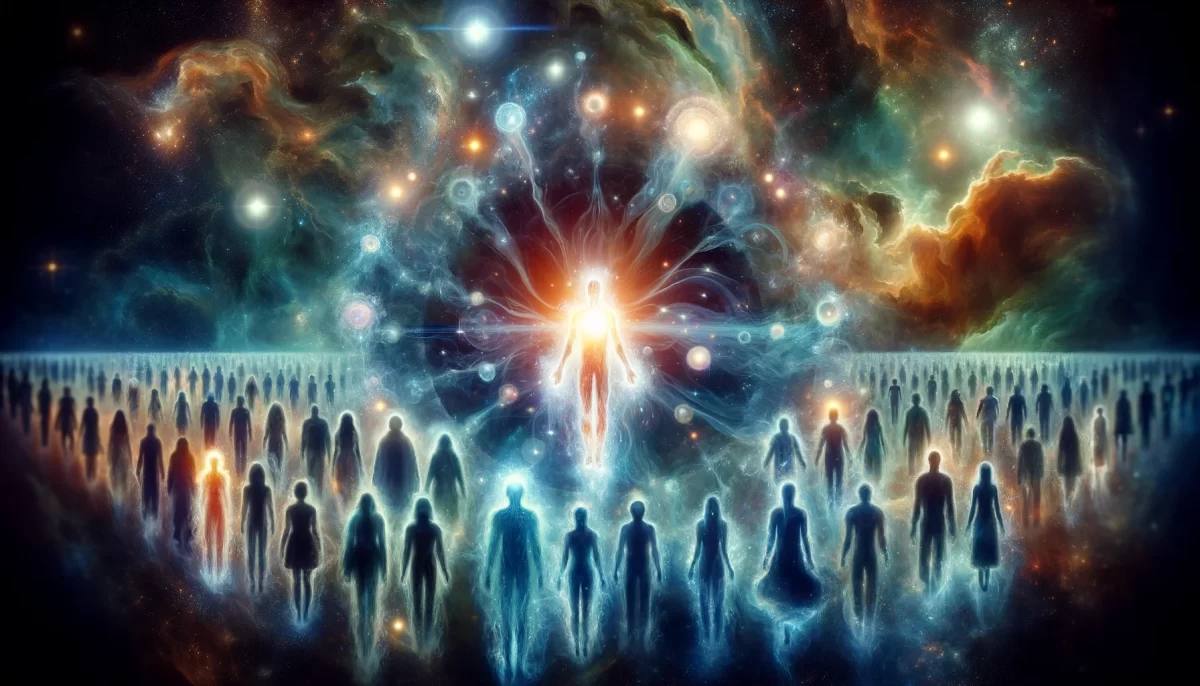

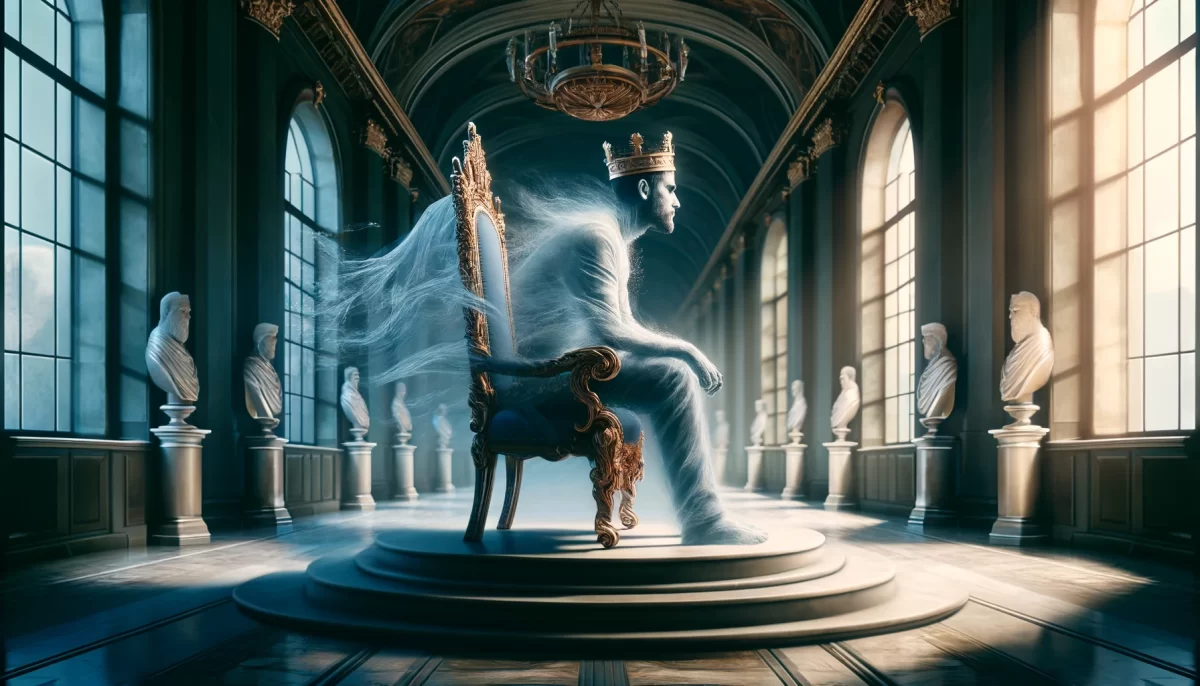
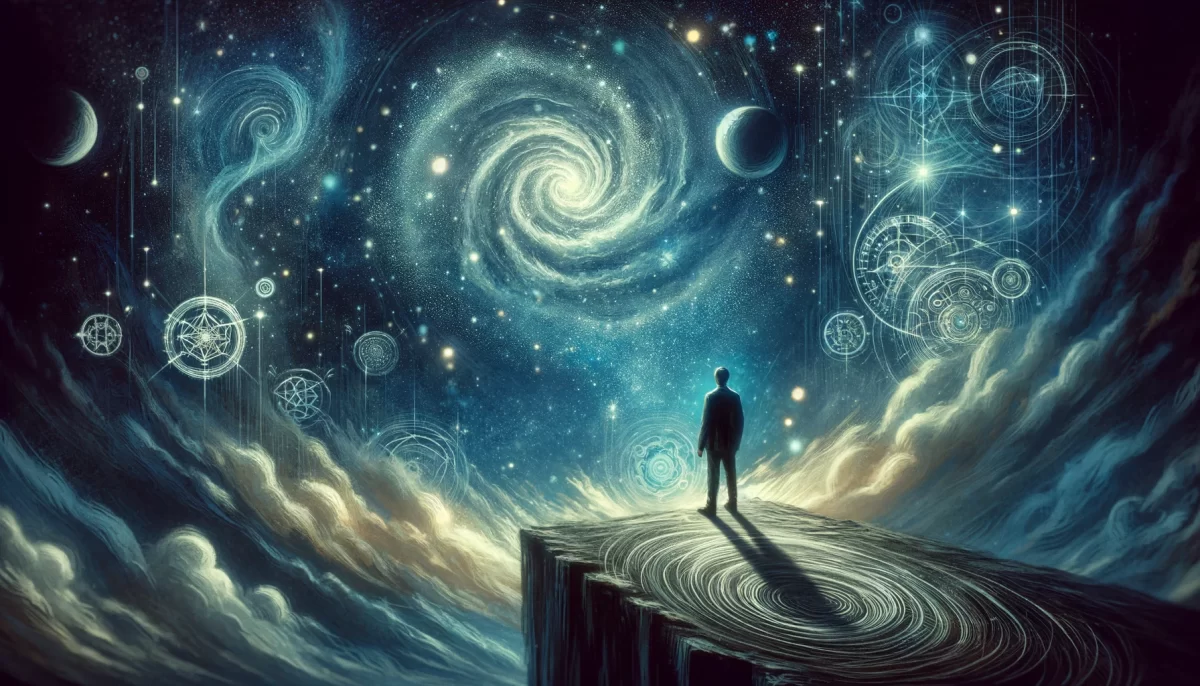


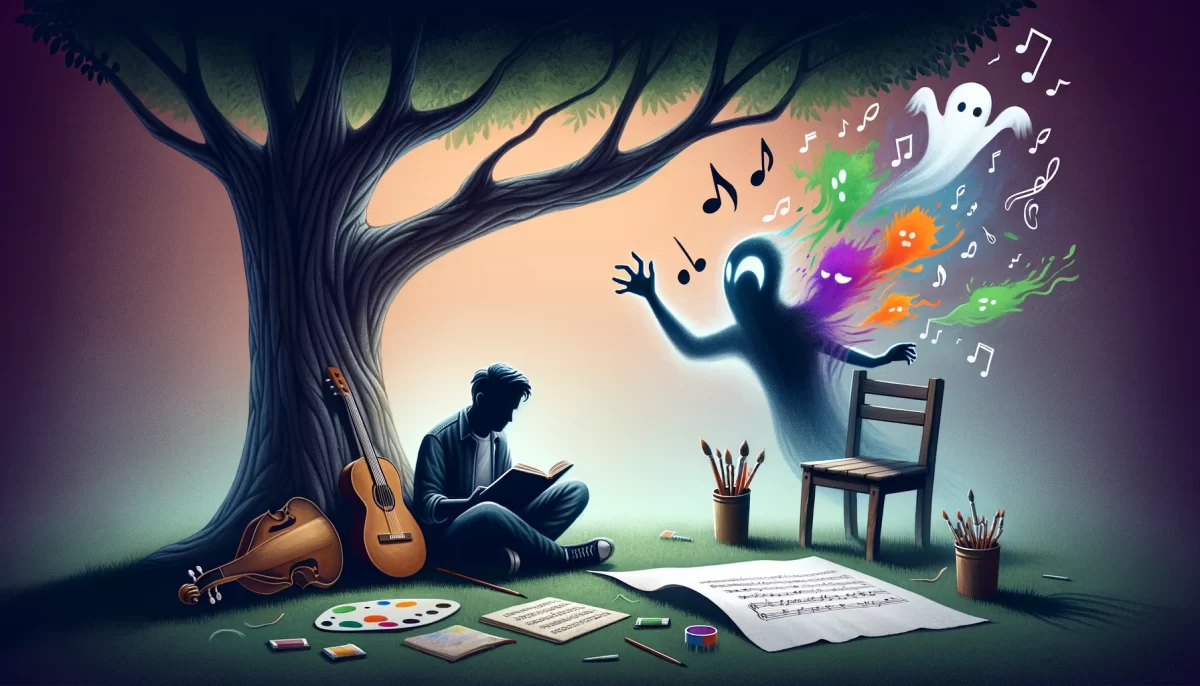
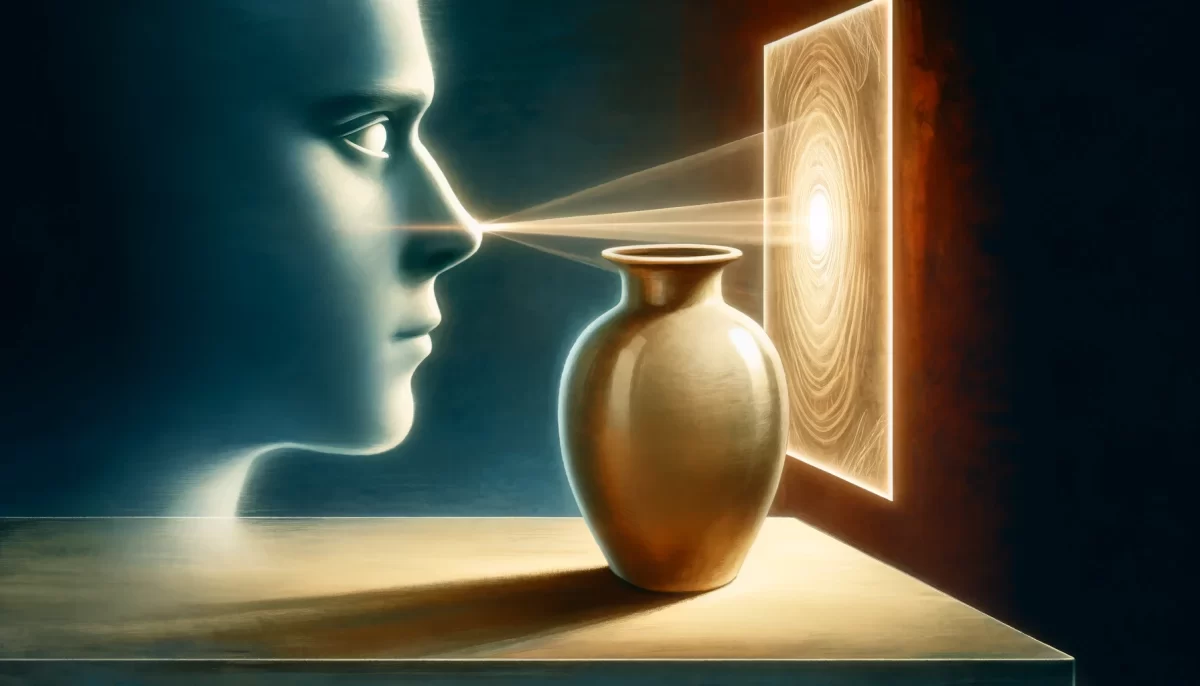






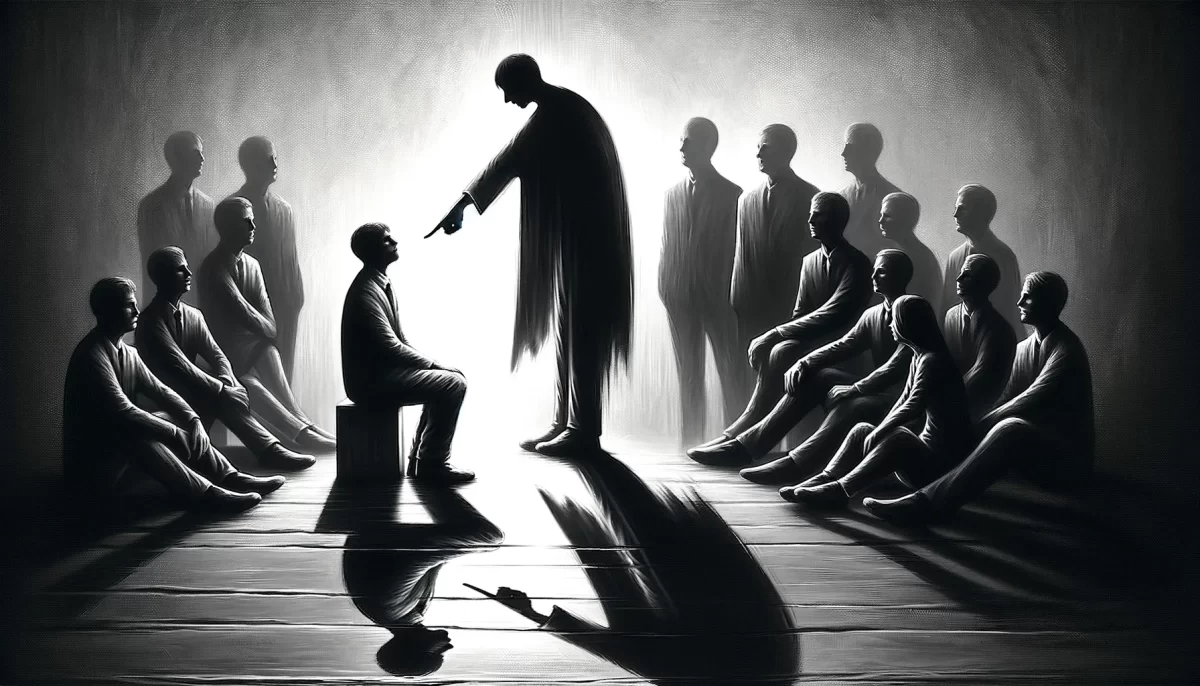







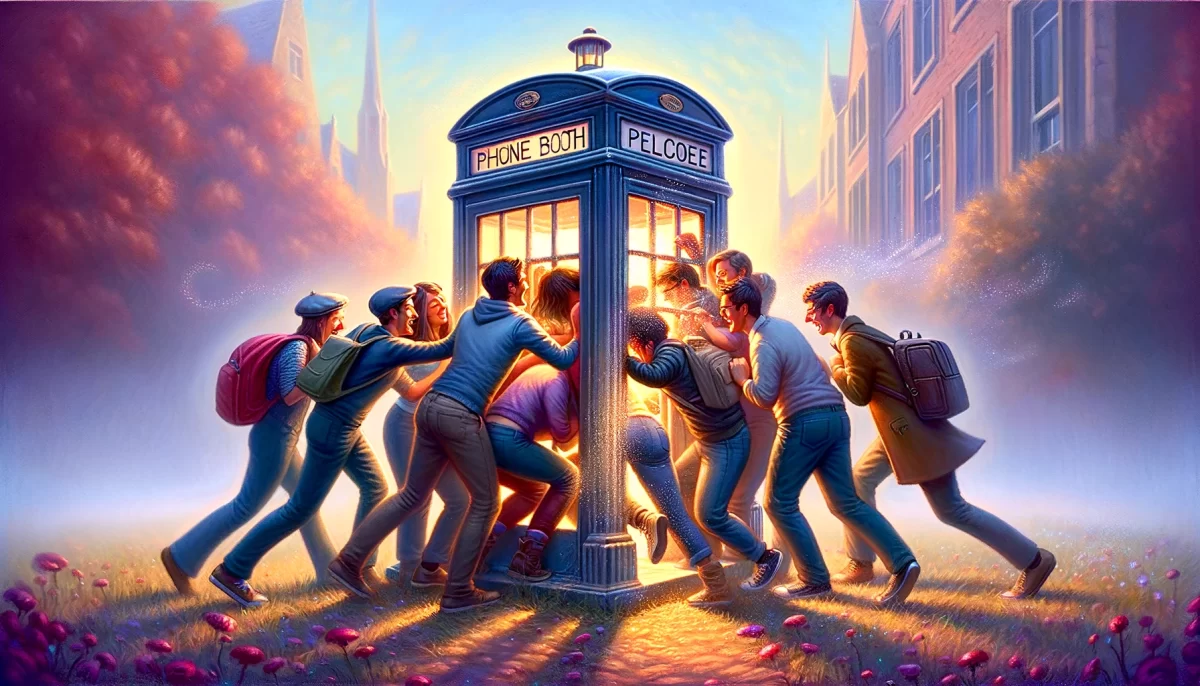
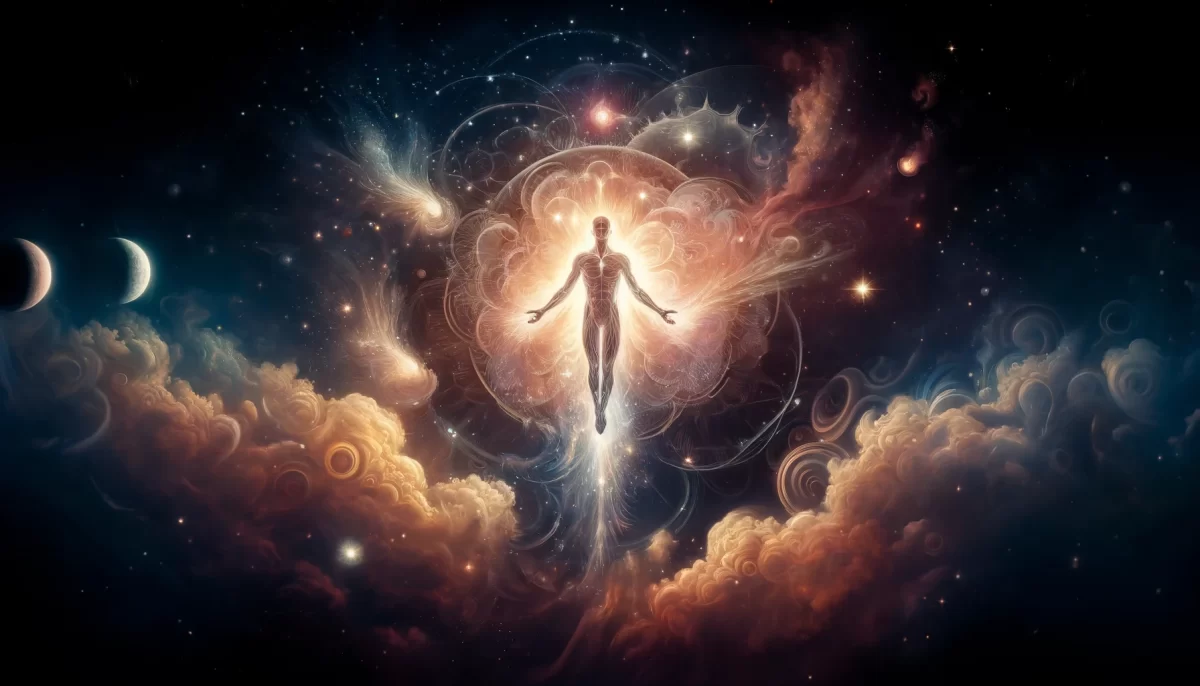





The forgetting may be inevitable, but the memories we create and the impact we have on others will live on beyond us. We can focus on living in the present moment and making the most of the time we have, rather than worrying about what we may forget in the future. And ultimately, we are all connected, both in this lifetime and beyond, so even if we forget the details, the essence of those connections will remain.